Army Chief Bipin Rawat’s warning to Kashmiris could lead to things getting messy on the ground
Fri 24 Feb 2017, 10:38:47

Exactly one year ago, Captain Tushar Mahajan and his team rushed to Pampore, on the outskirts of Srinagar, where militants had taken over the government-run Entrepreneurship Development Institute. The officer and team from 9 Para (Special Forces) had travelled through the night from their base at Udhampur, approximately 220 km away.
A young Army officer, Captain Pawan Kumar from 10 Para (Special Forces), had already been killed in ongoing attempts by security forces to flush out militants from the multi-storey building.
Mahajan reached Srinagar early on the morning of February 21 from where he would head onwards to Pampore. At about 6.40 am, he and his Udhampur-based team commander, and a junior colleague, exchanged messages in which they discussed the best possible options to carry out their operation.
The messages indicated that the officers were not as concerned about the threat from militants holed up in the building as they were about the growing crowds that had surrounded the Pampore institute.
The crowds were restive. Previously, operations by security forces to flush out militants from buildings they were holed up in had led to local residents surrounding security forces in a bid to enable militants to escape. When crowds swelled, security forces, who worried about casualties to non-combatants, tended to stand aside. This provided some militants a chance to escape.
As Mahajan discussed ways to force an entry into the institute, and positions for snipers in his team, the junior colleague raised the issue of gathering crowds. “They might start pelting stones or hitting with lathis,” the colleague messaged Mahajan. The young captain did not respond to that concern, but replied, wondering what the men from 10 Para (Special Forces), which had been deployed at the institute before his team, had achieved so far.
A few hours later, Mahajan would die from four fatal shots, while attempting to rescue trapped hostages from the institute.
For years, security forces operating in Jammu and Kashmir have had to deal with angry crowds who gather every time militants are surrounded and isolated.
Security forces – be it the Army, central police organisations or the state police – are in agreement that the crowds are egged on by sympathisers who exploit non-combatants to ensure that the militants under siege manage to escape. Several senior and middle level Army officers this reporter spoke to confirmed that such attempts happen during security operations across villages and cities in Kashmir.
Non-combatants at risk
Last week, when Chief of Army Staff General Bipin Rawat stated that the Army would treat “overground workers of terrorists” as anti-national elements, his remarks initially sent some cheer down Army ranks. Some saw his comments as extending greater freedom to security forces to operate in disturbed areas.
“But let us also not forget that many of these issues are political,” said a commanding officer of a Kashmir-based Rashtriya Rifles unit, who requested anonymity as he is not authorised to speak to the media. “Just before the Assembly elections in the state, the prime minister announced during campaigning that Army men involved in a mistaken encounter had
been punished. For us on the ground, politicians will use any issue as it suits them. So I am ensuring that my troops don’t take any chances despite what the chief said.”
A police officer, who has served several times in the Valley, pointed out that there is a protocol to deal with such scenarios. “Ideally, the Army carries out the intervention operations while the CRPF [Central Reserve Police Force], BSF [Border Security Force] or the state police are supposed to control the crowds,” said the police officer. “For them, only non-lethal means are allowed.”
However, the turbulence in the Valley after the death of Hizbul Mujahideen commander Burhan Wani in July led to thousands being injured grievously after the Central Reserve Police Force resorted to firing pellet guns. This significantly blurred the lines between non-lethal weapons, and those that can lead to grievous injuries, and even fatalities.
However, the Army is clear that it wants to avoid any contact with non-combatants because any casualty has heavy consequences. “We have become the hated symbol of the State,” said the commanding officer. “Why would we risk hurting non-combatants in such a scenario?”
Blurred lines
When Atal Bihari Vajpayee was Prime Minister from 1999-2004, his National Democratic Alliance government decided to move the Army out of urban areas in the Valley and hand over to the Central Reserve Police Force instead. This decision was driven by the logic that the Army was a lethal force, and burdening it with law and order problems would blunt its edge in war. The Union government was also concerned about human rights abuses and believed that a police force would be better suited to handle tensions on the ground.
However, as militant attacks continue in Kashmir, those lines are being blurred. Attacks by militants on Army camps such as the one in Uri last year, followed by the attack on Nagrota – both in Jammu and Kashmir – has made senior field commanders edgy.
“Many of them are worried about overground workers hampering ongoing operations,” said a senior security official. “Sometimes, it is good to send out a tough message.”
Sources said intelligence reports from the state have confirmed that mobs have been directed by militant sympathisers. The fact that the locals are angry has only helped their efforts. It is this that seems to have prompted General Rawat to turn around and send out a warning to Kashmiris.
Rawat was hand-picked by the government against established military tradition – he pipped two of his senior officers to become Army chief. He is perceived to be a man who will be tough on militants as well as on so-called “overground workers”. However, though his strategy sounds neat on theory, it can get messy on the ground.
“Chances are that some troops might take this as a prior sanction to commit excesses, even if it is operationally legitimate,” the commanding officer argued.
But this perhaps partially explains why General Rawat was picked over two of his seniors. Rawat and the political dispensation at the Centre are on the same page on how to deal with Kashmir. On the ground, this can have lethal consequences for people and to any hopes for peace.
A young Army officer, Captain Pawan Kumar from 10 Para (Special Forces), had already been killed in ongoing attempts by security forces to flush out militants from the multi-storey building.
Mahajan reached Srinagar early on the morning of February 21 from where he would head onwards to Pampore. At about 6.40 am, he and his Udhampur-based team commander, and a junior colleague, exchanged messages in which they discussed the best possible options to carry out their operation.
The messages indicated that the officers were not as concerned about the threat from militants holed up in the building as they were about the growing crowds that had surrounded the Pampore institute.
The crowds were restive. Previously, operations by security forces to flush out militants from buildings they were holed up in had led to local residents surrounding security forces in a bid to enable militants to escape. When crowds swelled, security forces, who worried about casualties to non-combatants, tended to stand aside. This provided some militants a chance to escape.
As Mahajan discussed ways to force an entry into the institute, and positions for snipers in his team, the junior colleague raised the issue of gathering crowds. “They might start pelting stones or hitting with lathis,” the colleague messaged Mahajan. The young captain did not respond to that concern, but replied, wondering what the men from 10 Para (Special Forces), which had been deployed at the institute before his team, had achieved so far.
A few hours later, Mahajan would die from four fatal shots, while attempting to rescue trapped hostages from the institute.
For years, security forces operating in Jammu and Kashmir have had to deal with angry crowds who gather every time militants are surrounded and isolated.
Security forces – be it the Army, central police organisations or the state police – are in agreement that the crowds are egged on by sympathisers who exploit non-combatants to ensure that the militants under siege manage to escape. Several senior and middle level Army officers this reporter spoke to confirmed that such attempts happen during security operations across villages and cities in Kashmir.
Non-combatants at risk
Last week, when Chief of Army Staff General Bipin Rawat stated that the Army would treat “overground workers of terrorists” as anti-national elements, his remarks initially sent some cheer down Army ranks. Some saw his comments as extending greater freedom to security forces to operate in disturbed areas.
“But let us also not forget that many of these issues are political,” said a commanding officer of a Kashmir-based Rashtriya Rifles unit, who requested anonymity as he is not authorised to speak to the media. “Just before the Assembly elections in the state, the prime minister announced during campaigning that Army men involved in a mistaken encounter had
been punished. For us on the ground, politicians will use any issue as it suits them. So I am ensuring that my troops don’t take any chances despite what the chief said.”
A police officer, who has served several times in the Valley, pointed out that there is a protocol to deal with such scenarios. “Ideally, the Army carries out the intervention operations while the CRPF [Central Reserve Police Force], BSF [Border Security Force] or the state police are supposed to control the crowds,” said the police officer. “For them, only non-lethal means are allowed.”
However, the turbulence in the Valley after the death of Hizbul Mujahideen commander Burhan Wani in July led to thousands being injured grievously after the Central Reserve Police Force resorted to firing pellet guns. This significantly blurred the lines between non-lethal weapons, and those that can lead to grievous injuries, and even fatalities.
However, the Army is clear that it wants to avoid any contact with non-combatants because any casualty has heavy consequences. “We have become the hated symbol of the State,” said the commanding officer. “Why would we risk hurting non-combatants in such a scenario?”
Blurred lines
When Atal Bihari Vajpayee was Prime Minister from 1999-2004, his National Democratic Alliance government decided to move the Army out of urban areas in the Valley and hand over to the Central Reserve Police Force instead. This decision was driven by the logic that the Army was a lethal force, and burdening it with law and order problems would blunt its edge in war. The Union government was also concerned about human rights abuses and believed that a police force would be better suited to handle tensions on the ground.
However, as militant attacks continue in Kashmir, those lines are being blurred. Attacks by militants on Army camps such as the one in Uri last year, followed by the attack on Nagrota – both in Jammu and Kashmir – has made senior field commanders edgy.
“Many of them are worried about overground workers hampering ongoing operations,” said a senior security official. “Sometimes, it is good to send out a tough message.”
Sources said intelligence reports from the state have confirmed that mobs have been directed by militant sympathisers. The fact that the locals are angry has only helped their efforts. It is this that seems to have prompted General Rawat to turn around and send out a warning to Kashmiris.
Rawat was hand-picked by the government against established military tradition – he pipped two of his senior officers to become Army chief. He is perceived to be a man who will be tough on militants as well as on so-called “overground workers”. However, though his strategy sounds neat on theory, it can get messy on the ground.
“Chances are that some troops might take this as a prior sanction to commit excesses, even if it is operationally legitimate,” the commanding officer argued.
But this perhaps partially explains why General Rawat was picked over two of his seniors. Rawat and the political dispensation at the Centre are on the same page on how to deal with Kashmir. On the ground, this can have lethal consequences for people and to any hopes for peace.
No Comments For This Post, Be first to write a Comment.
Most viewed from National
Most viewed from World
AIMIM News
Latest Urdu News
Most Viewed
May 26, 2020
Can Lionel Messi's visit boost Indian football?
Latest Videos View All
Like Us
Home
About Us
Advertise With Us
All Polls
Epaper Archives
Privacy Policy
Contact Us
Download Etemaad App
© 2026 Etemaad Daily News, All Rights Reserved.

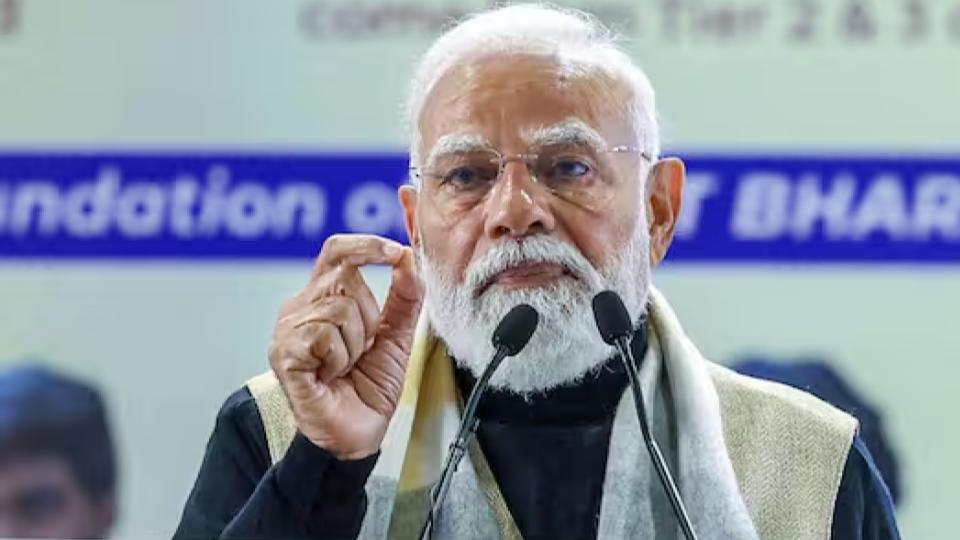

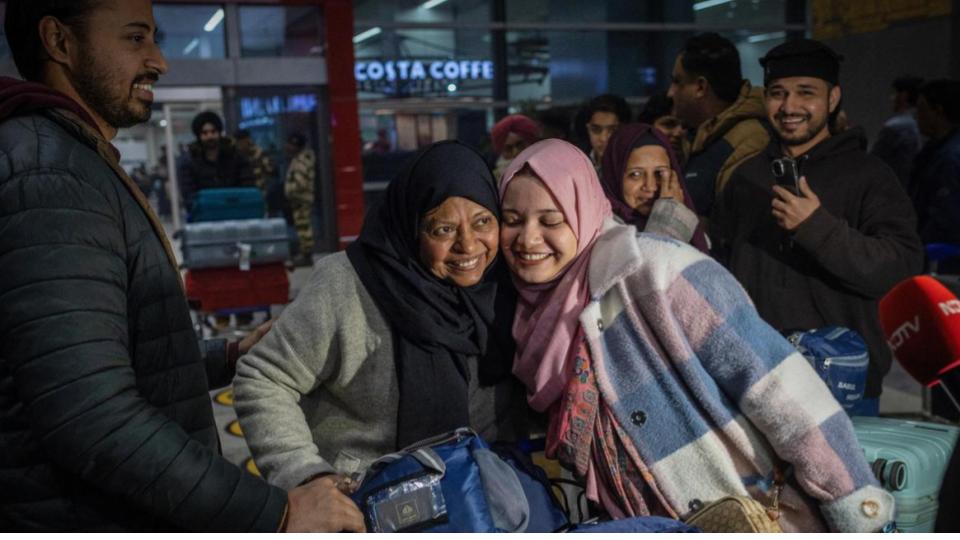
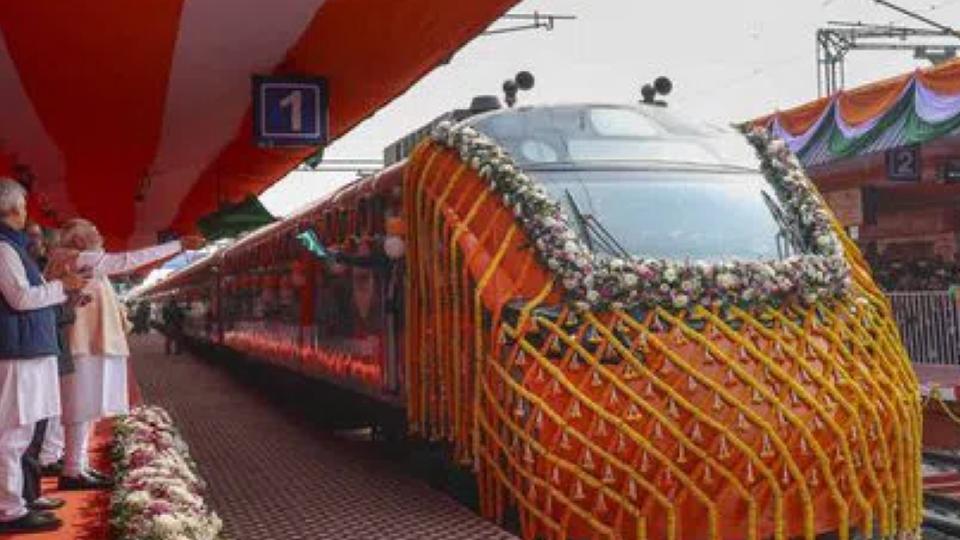
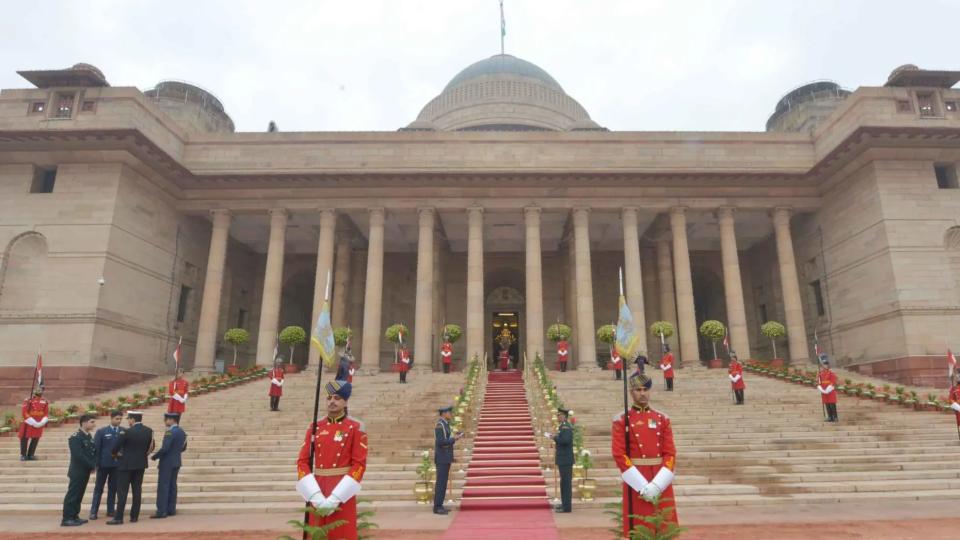
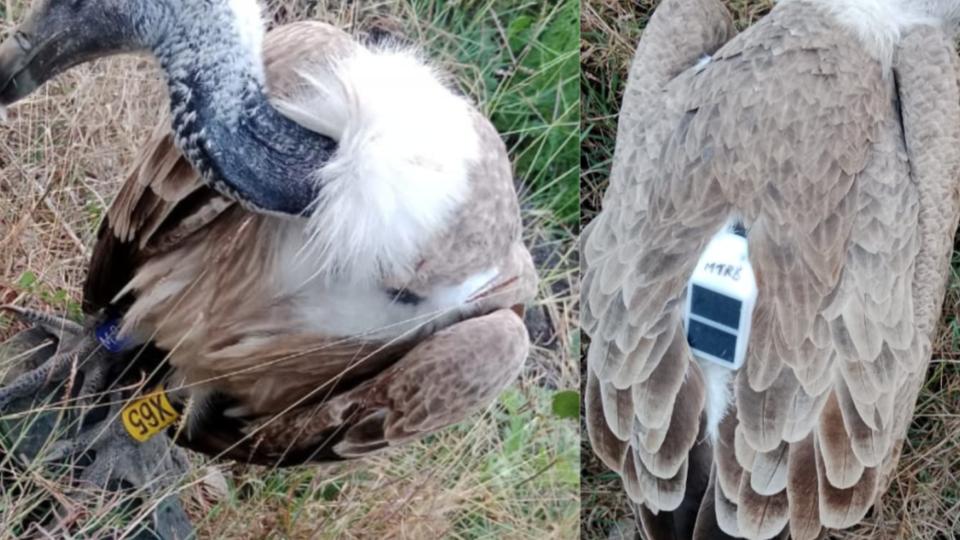
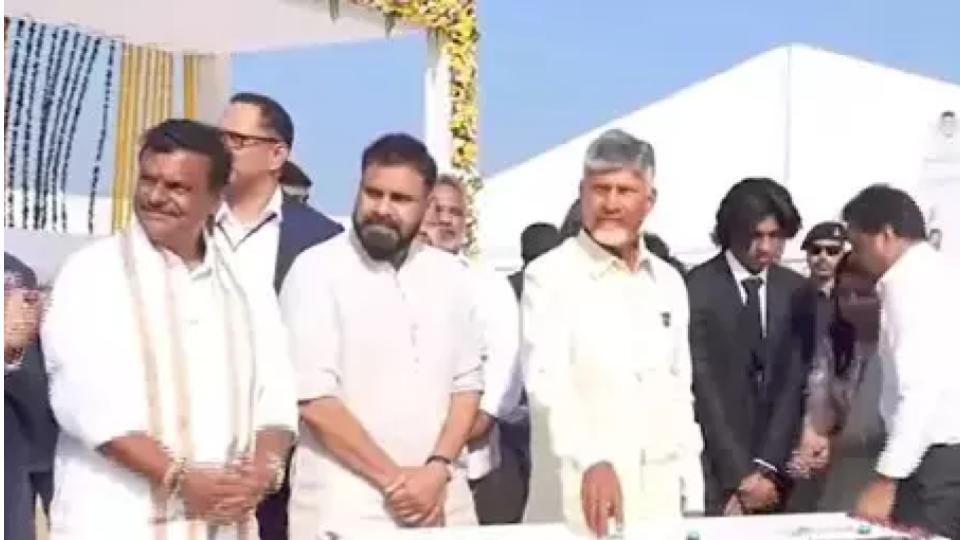
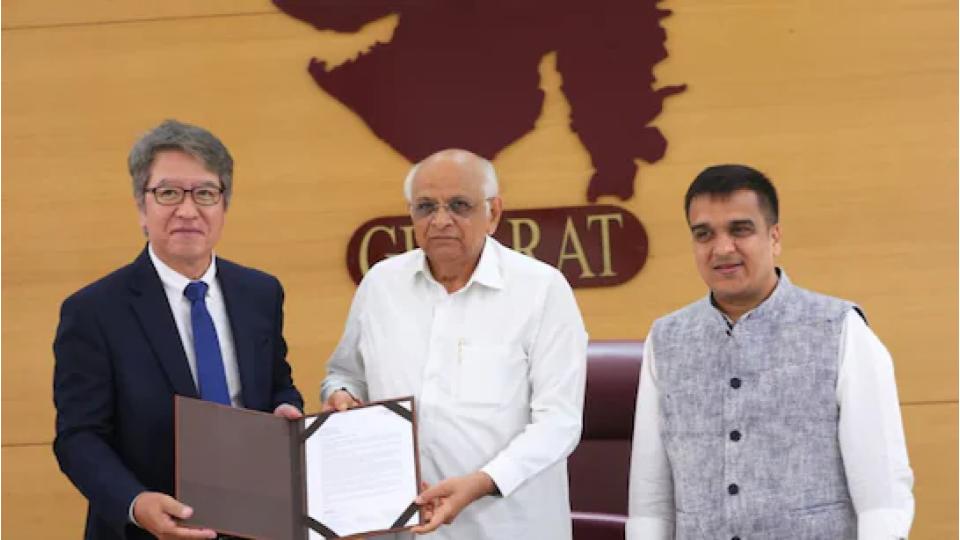
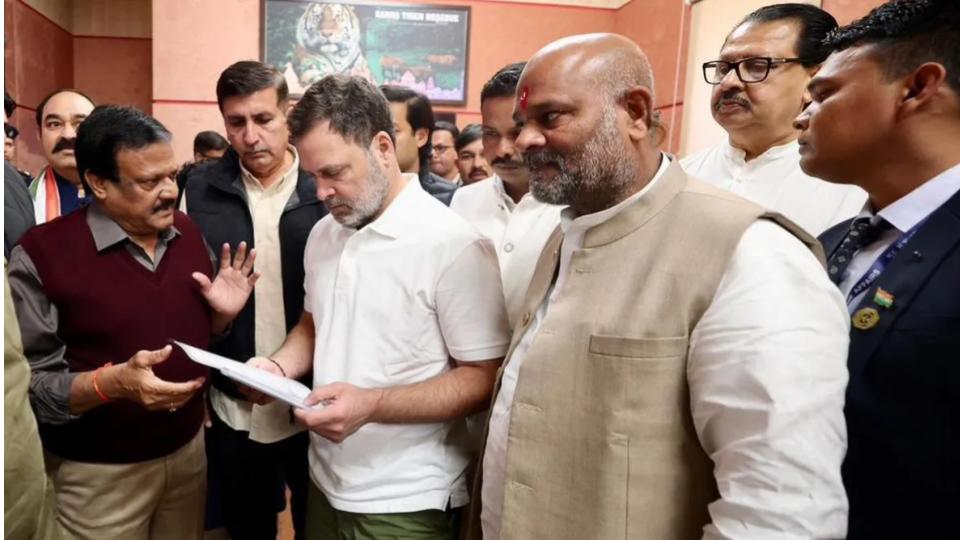
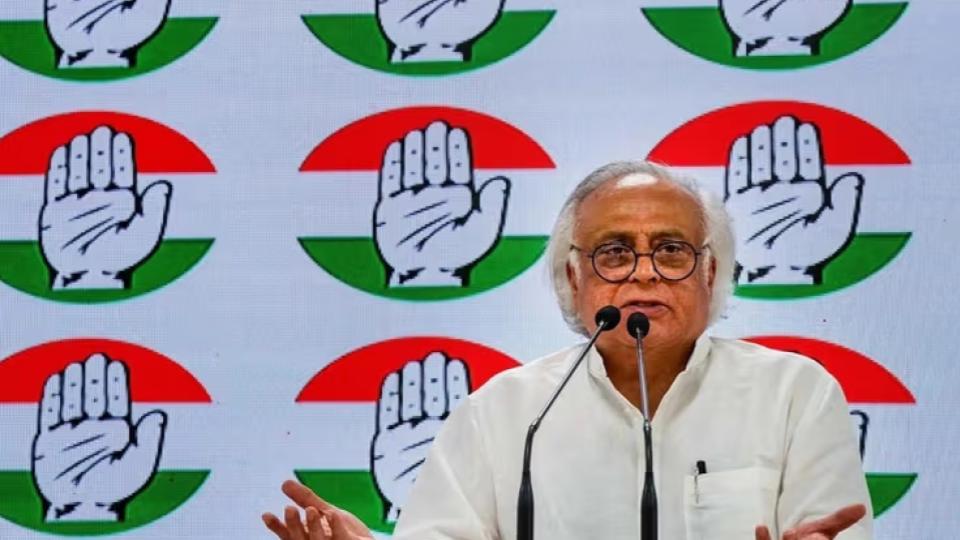
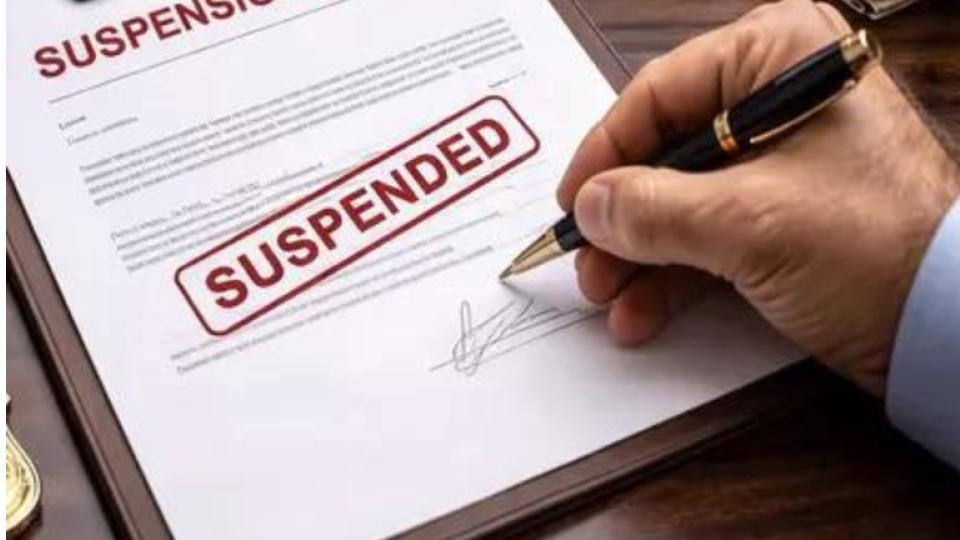
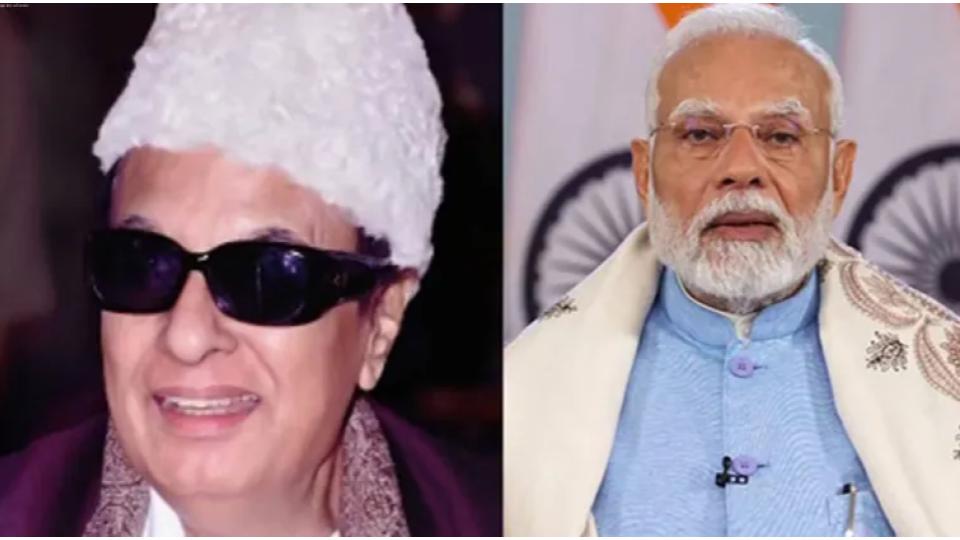
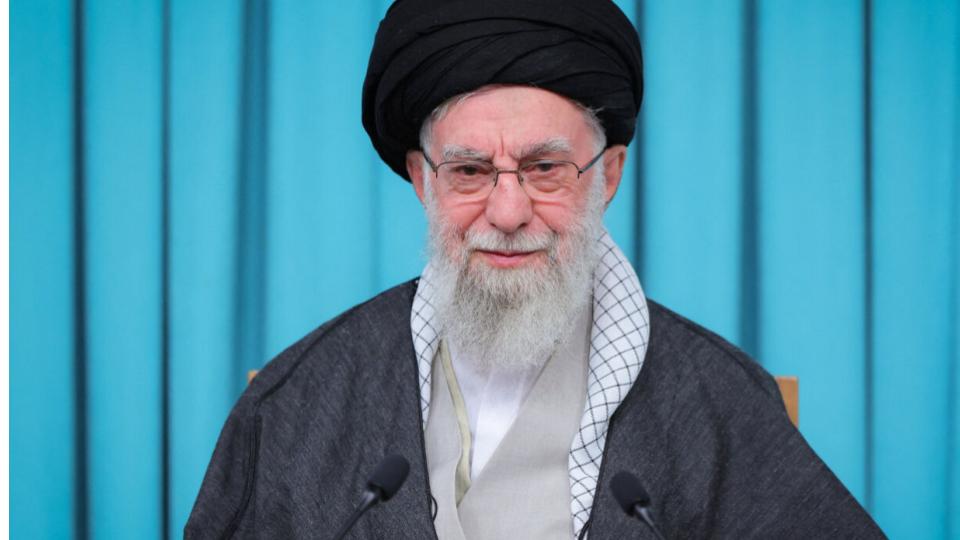
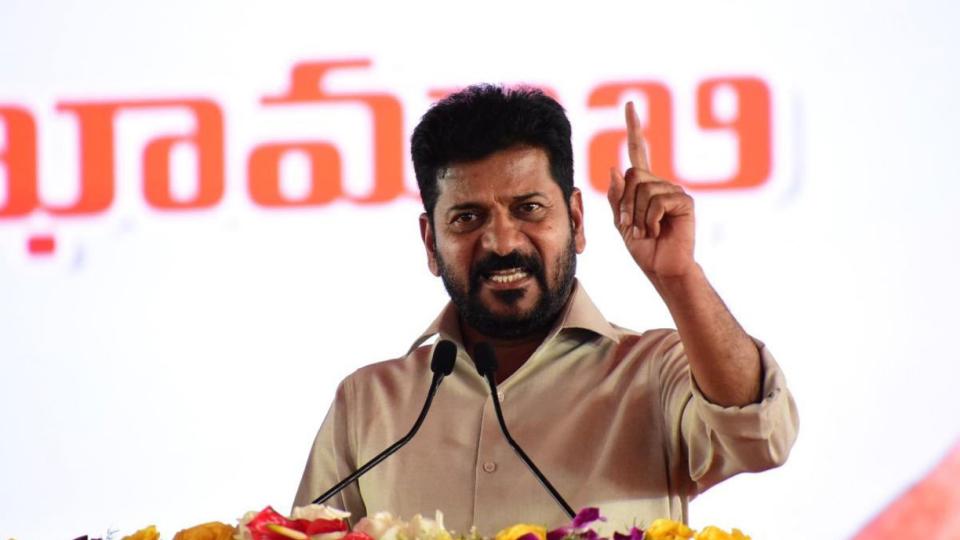

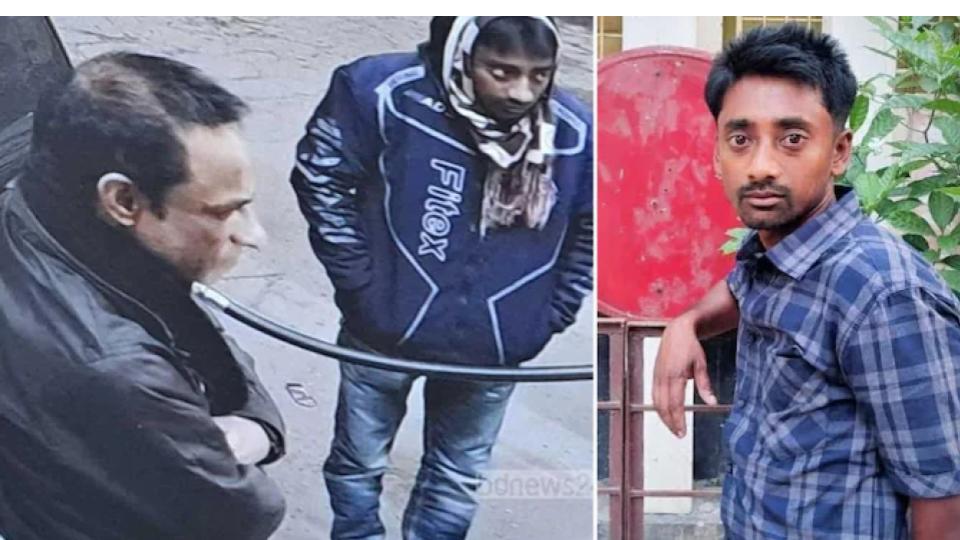
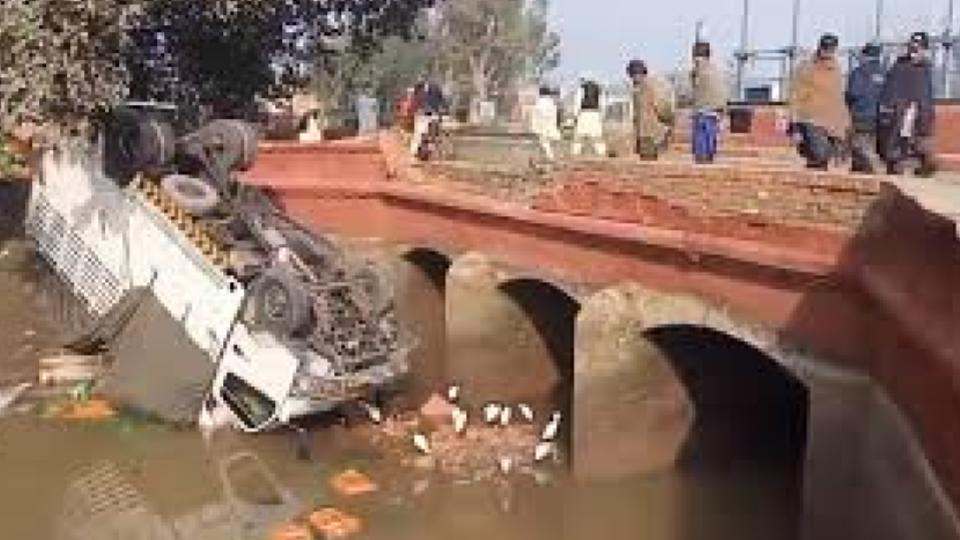
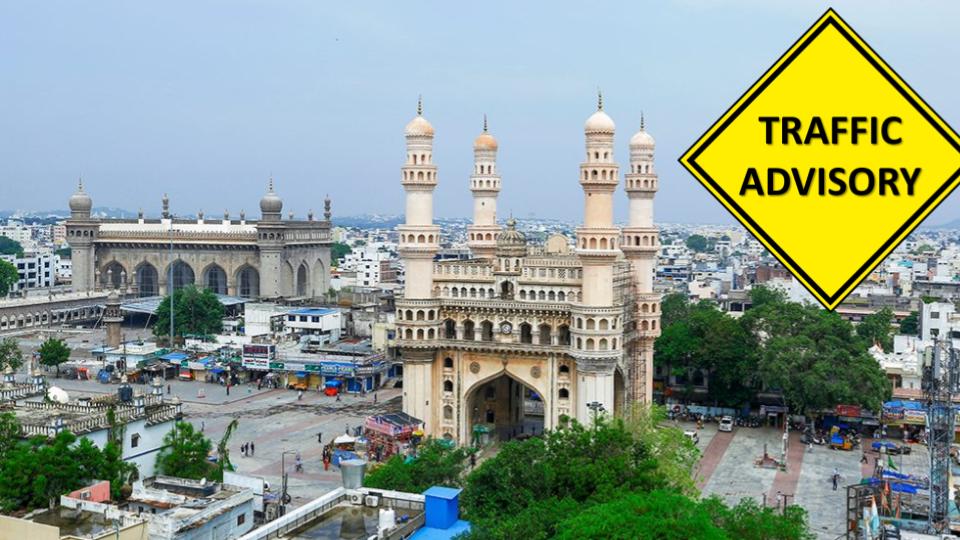
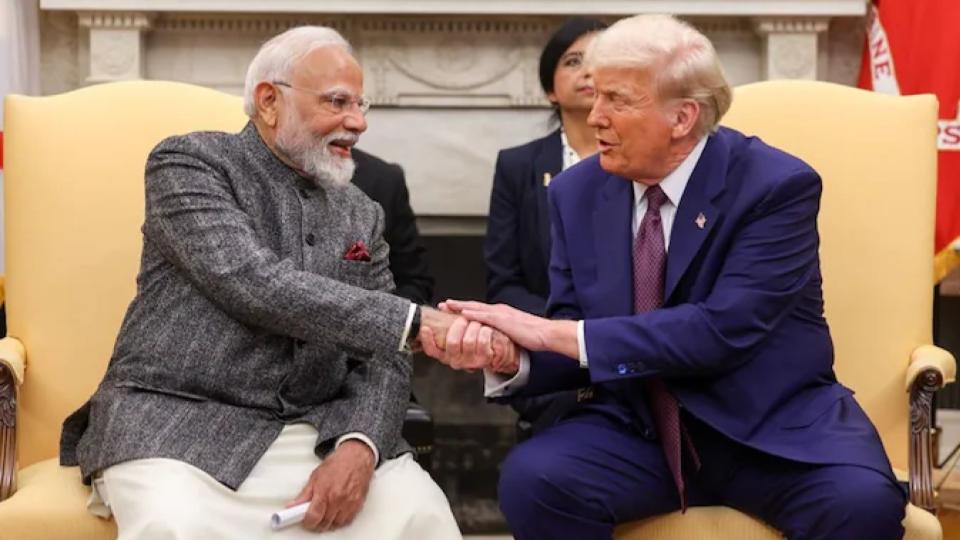
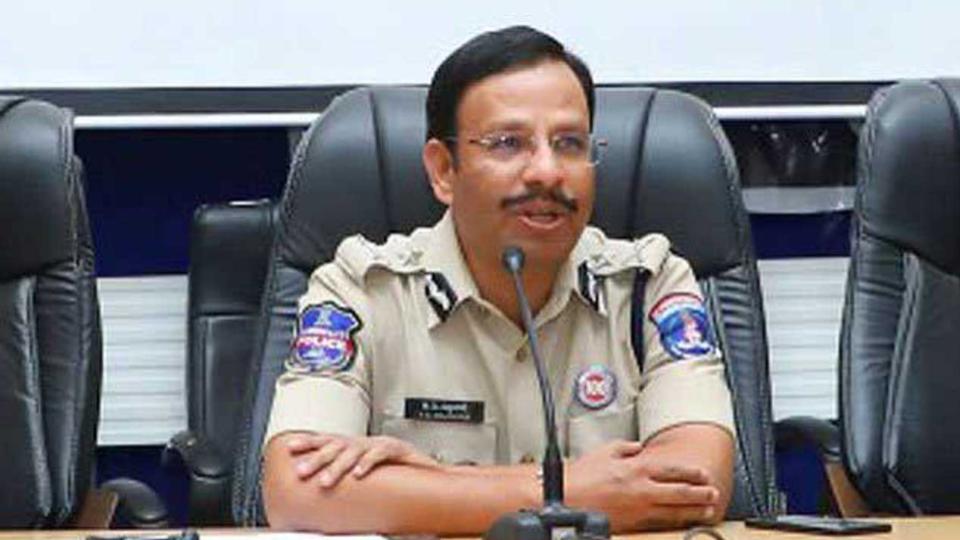

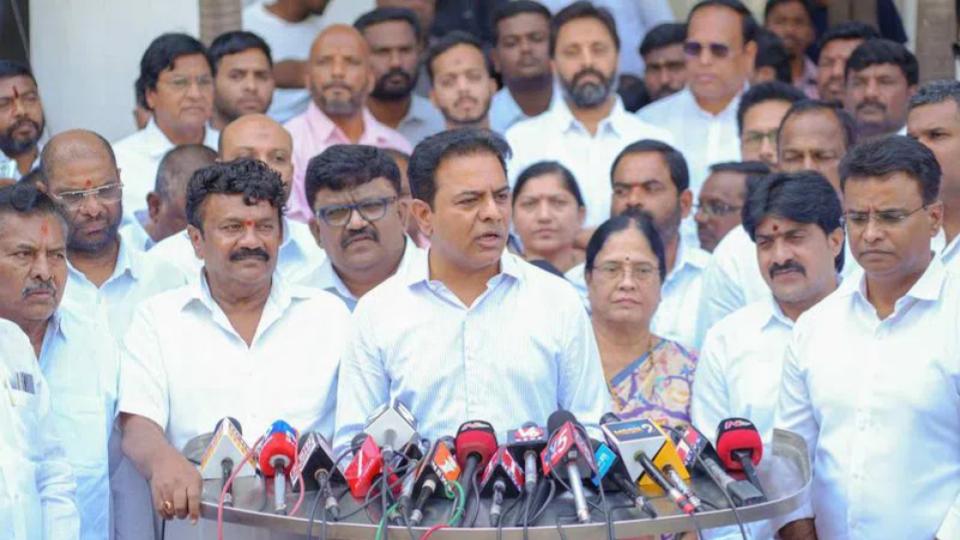
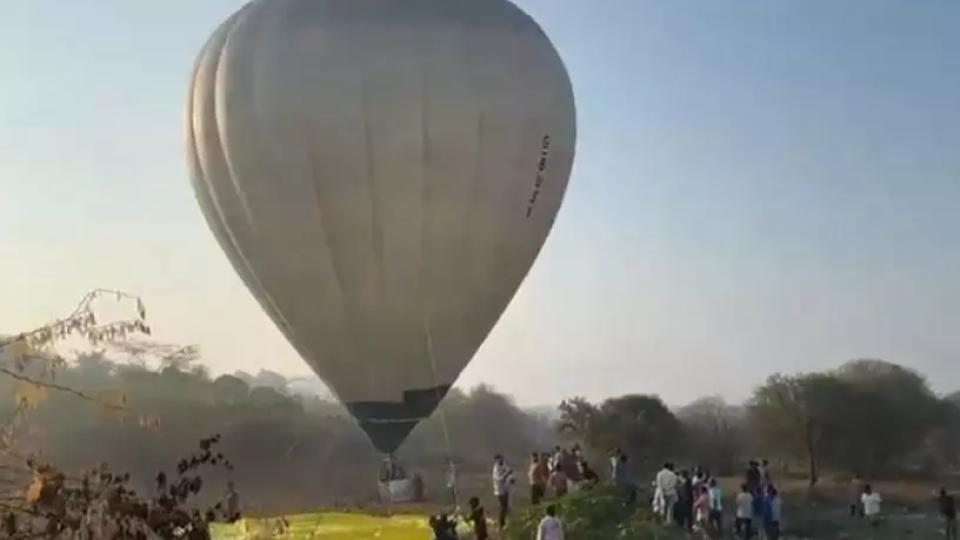
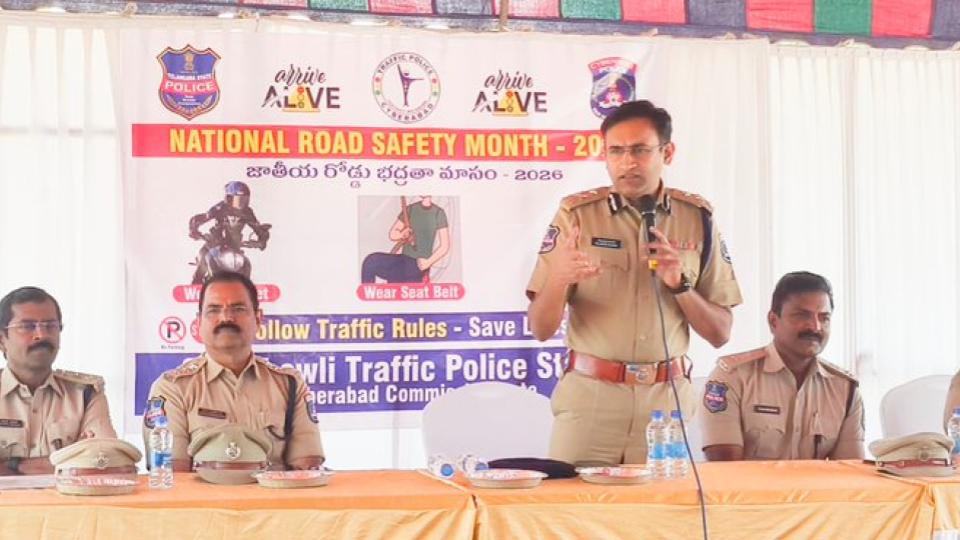












.jpg)
.jpg)
.jpg)


